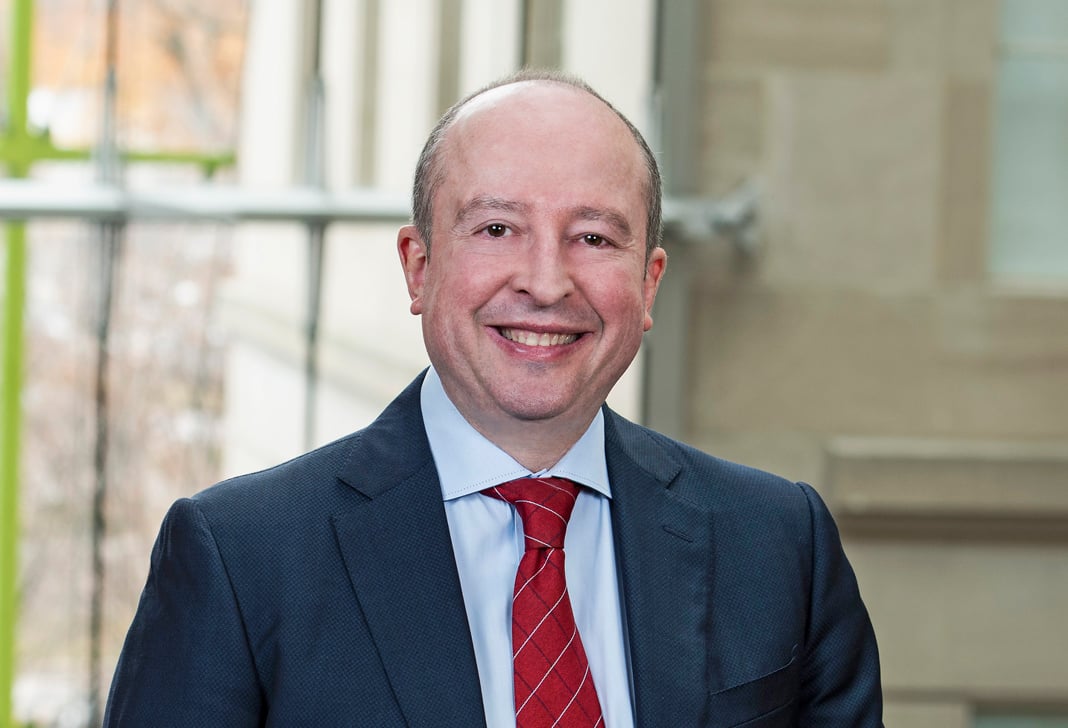Antitrust Alert: Brazil Proposes Guidelines for Settling Cartel Cases
The Brazilian competition authority, CADE (Administrative Council for Economic Defense), has published a proposed regulation for settling potential antitrust liability for cartel activity under Brazil's new competition law. The proposed regulation provides a settlement procedure and incentives to settle, in the form of a percentage reduction in fines, for companies that have been involved in cartel activity but do not qualify for amnesty. CADE has invited public comment on the proposed regulation until January 14, 2013, and it is reported will implement the final regulations by February 2013.
If the proposed regulation is implemented, as is expected, parties that cooperate with the competition authority will qualify for specific discounts from fines that otherwise could be imposed after an ongoing investigation. The proposed regulation also sets forth the administrative procedures for instituting and negotiating settlements.
Settlements in cartel investigations
Under Brazil's current competition law, a leniency applicant may benefit from full or partial administrative and criminal immunity if it is the first party to self-report a cartel to CADE. (The particular immunity available depends on whether an investigation on the reported practice is already underway.) However, the law has not provided any incentive for subsequent cartel participants to self-report. If the proposed regulations are adopted, a company or individual that is involved in a cartel case may qualify for a specific discount for cooperating, even if it is not the first party to approach CADE to confess and cooperate. To qualify for any of the following discounts, the party must admit its involvement in the alleged unlawful activity and cooperate with CADE’s continuing investigation:
The second party to cooperate will receive a reduction between 30% and 50% off the potential fine.
The third party to cooperate will receive a 25-40% reduction off the potential fine.
The fourth and subsequent parties will receive a reduction of up to 25% off the potential fine.
If a party comes forward after the SG has closed its investigation and forwarded the case to CADE’s Tribunal, it may still benefit from a reduction of up to 15% off the potential fine.
CADE would determine the actual percentage discount within the range based on the extent of cooperation and how much such cooperation advanced the agency’s case.
Commentators have expressed concern that a party seeking a settlement would not know until CADE’s final ruling how large a fine would be imposed and therefore would be negotiating a settlement without knowing the extent of their actual liability. However, it has been reported that CADE intends to determine the exact amount of the fine (as well as the cooperation credit) as part of the settlement process and that CADE will clarify this when it publishes the final regulations.
Proposed settlement procedure
The proposed regulation also introduces a procedure for settlements that take place between an individual or company and CADE’s Superintendent General (“SG”). Under the proposed regulation, either the SG or an individual or corporate defendant may initiate the settlement process. The terms of the settlement would be further negotiated with a commission comprised of CADE officials. Once the final terms are reached, the settlement must be approved by CADE’s Tribunal. CADE may agree to keep the negotiation of a settlement confidential at the request of the parties.
Conclusion
Brazil’s proposed regulations on settling cartel liability provide incentives for additional cartel defendants to self-report and qualify for meaningful reductions in penalties. It remains to be seen how much the procedure will be utilized, but given the challenges of successfully appealing an adverse decision, it is expected to be given serious consideration by defendants in current and future proceedings.



